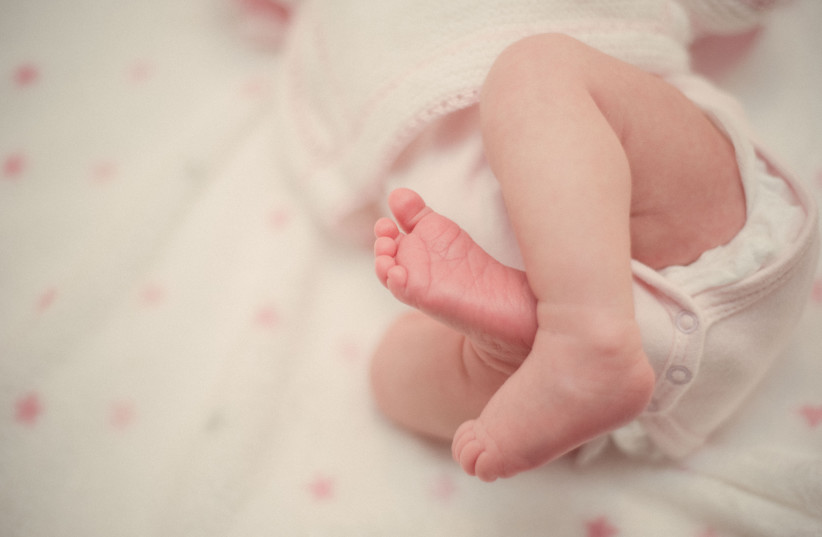Babies born to mothers who caught COVID-19 while pregnant appeared to display atypical neurological development in the first two months of life, according to a preliminary analysis by the European Psychiatric Association and the University of Barcelona, presented at the 30th European Congress of Psychiatry.
Essentially, babies born to mothers who had COVID-19 during pregnancy have a higher risk of their brains developing differently than babies who were not exposed to COVID in the womb.
“Not all babies born to mothers infected with COVID show neuro-developmental differences."
Dr. Rosa Ayesa Arriola
“Not all babies born to mothers infected with COVID show neuro-developmental differences," project Leader Dr. Rosa Ayesa Arriola said, "but our data shows that their risk is increased in comparison to those not exposed to COVID in the womb. We need a bigger study to confirm the exact extent of the difference.”
Research method
The research compared babies born to 21 COVID-positive pregnant women with 21 healthy controls attending the Marqués de Valdecilla University Hospital in Santander, Spain.

The mothers underwent a series of tests during and after pregnancy, including hormonal and other biochemical tests (measuring such things as cortisol levels, immunological response, etc.) salivary tests, movement responses and psychological questionnaires. All analyses were modified for infant age, sex and other factors.
Infants born to recovered mothers seemed to have greater difficulty relaxing their muscles and adapting their bodies to being held, compared to infants born to non-infected mothers. What is more, babies born to non-infected mothers had an easier time controlling head and shoulder movement.
University of Barcelona mental health researcher Águeda Castro Quintas explained: “We found that certain elements of the NBAS measurement were changed in 6-week-old infants who had been exposed to the SARS-COV-2 virus. Effectively they react slightly differently to being held, or cuddled."
The findings are part of a larger project, the Spanish COGESTCOV-19, which is set to continue by monitoring baby language and motor development between 18 and 42 months old to see whether there are longer-term implications.
